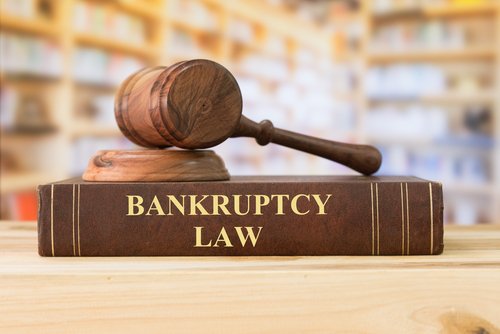When you file for bankruptcy, the process is guided by both state and federal laws. Federal law controls most aspects of the bankruptcy process. However, each state has its own laws about things like property exemption limits (what you can keep in bankruptcy) and income thresholds. Different jurisdictions also have local rules that interplay with the federal laws differently. An experienced attorney in your area can help you with your state’s specific bankruptcy laws before filing.
Which State is Considered “My State” When I File for Bankruptcy?
You should file for bankruptcy in the state where you reside permanently. Although a person can have multiple residences, each person has only one permanent residence, also known as their legal domicile. This is the address where you receive mail and government documents, and where you reside the majority of the year. If you maintain two homes – perhaps a main residence and a vacation home – don’t be tempted to try filing for bankruptcy in the state of the vacation home without consulting a bankruptcy lawyer first. Nearly every state has laws in place to prevent people from trying to skirt the rules and file for bankruptcy in whichever state where the laws are most favorable to them.
What If I Move to a New State?
If you recently move to a new state, or are planning to move soon, you will need to reside in the new state for a period of time and make it your permanent residence before you can file for bankruptcy there. Jurisdiction to file a case resides in the state in which you have lived the most in the 180 days before filing. Most often that means living in the state for at least 91 days before jurisdiction attaches there. There are rules that dictate how to use property exemptions when you have not lived in a jurisdiction for at least 730 days. An experienced attorney can advise you of your property exemption rights in situations where you have moved recently.
What are Indiana’s Laws for Bankruptcy?
Here’s something important to know about bankruptcy in Indiana: Under Indiana law, its citizens cannot use federal bankruptcy exemptions and must use only Indiana bankruptcy exemptions. For property, Indiana offers a double property exemption for married couples who own property and file for bankruptcy jointly. Indiana’s homestead exemption – which protects equity in a home – is $19,300. Each person can keep up to $10,250 of personal property, including equity in motor vehicles, furniture, electronics, clothing, and the like. Indiana exemption law allows $400 per person in cash or cash equivalents. These exemptions outline what a person can keep through a Chapter 7 bankruptcy liquidation.
Sawin & Shea – Indianapolis Bankruptcy Attorneys
Filing for bankruptcy is not the end. It’s the beginning of a new financial life for you. The Indiana bankruptcy attorneys at Sawin & Shea can help you get rid of the overwhelming debt and advise you on life after bankruptcy. We are here for you during this life-changing process. Please do not hesitate to call us today at 317-759-1483 or send an email for a free consultation. We are ready to help.



